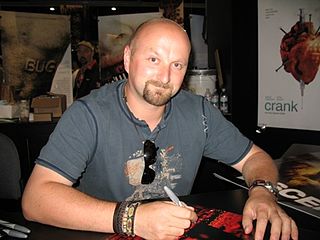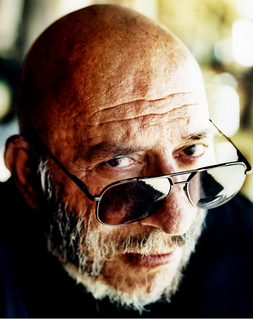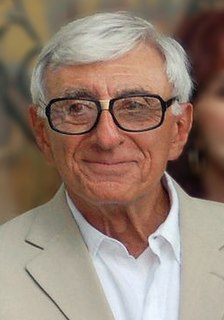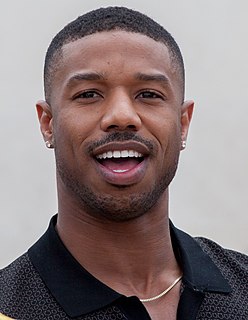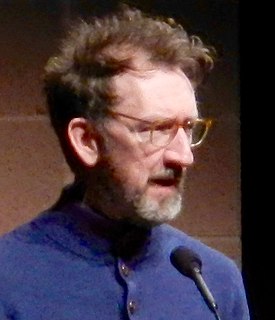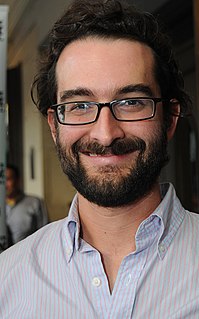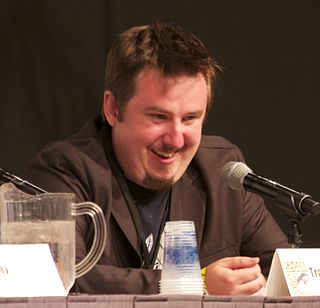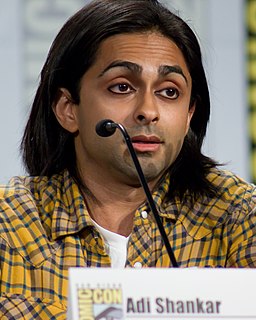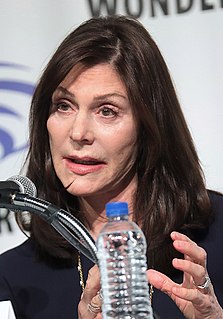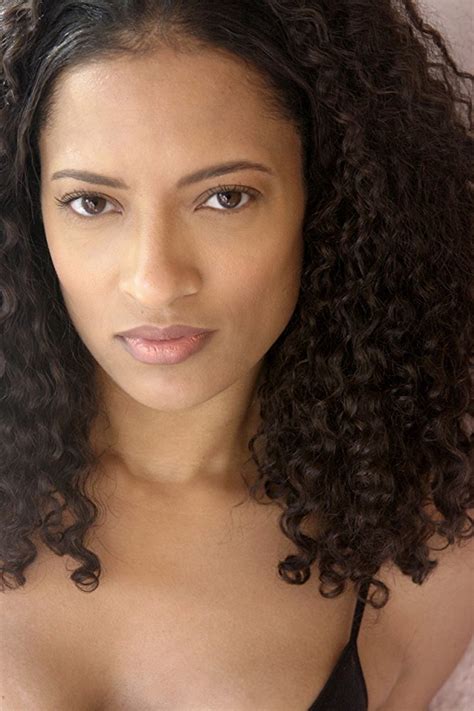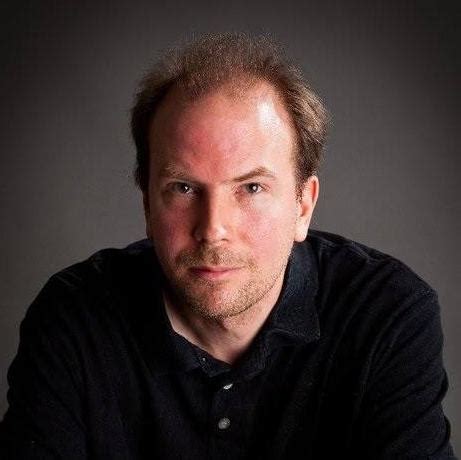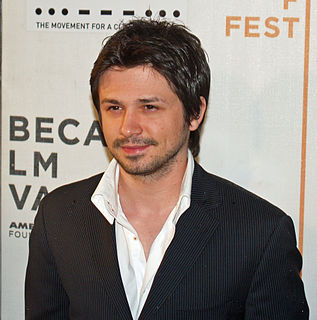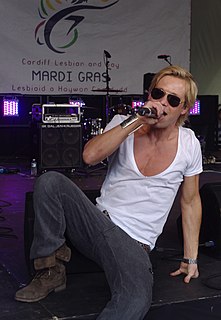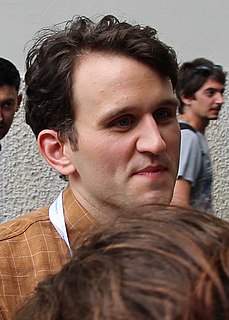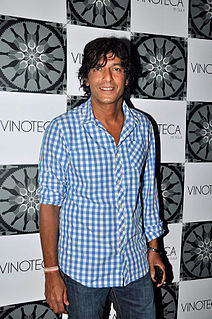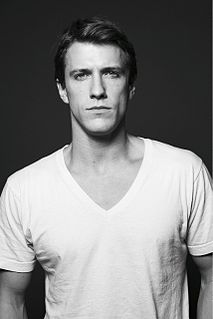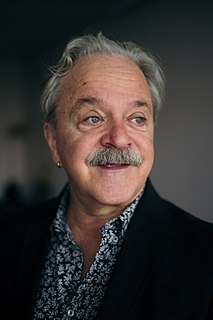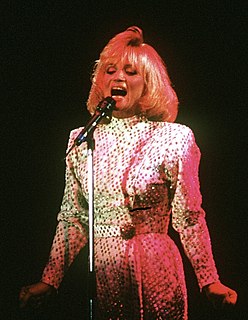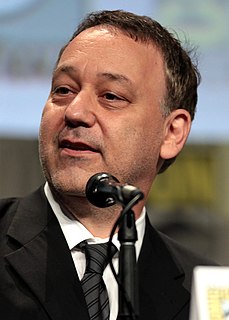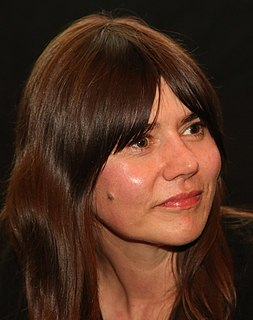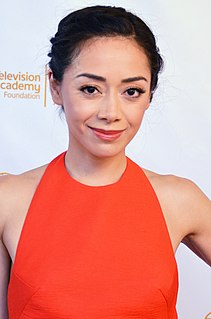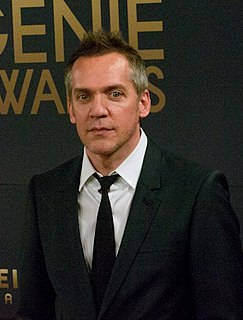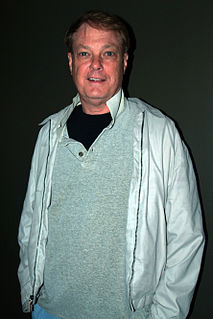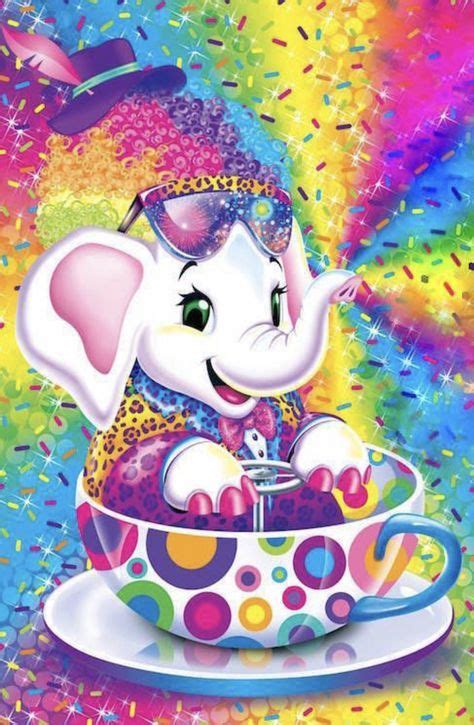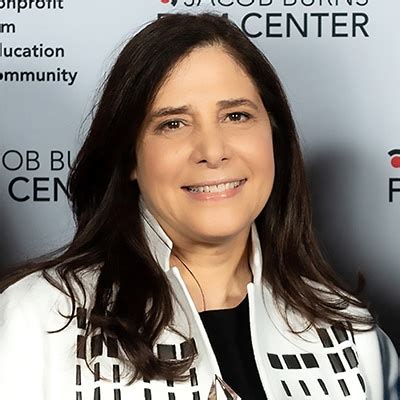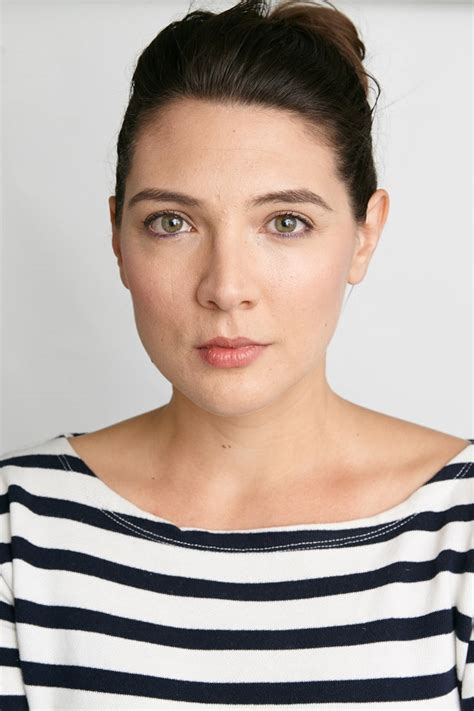Top 1200 Feature Film Quotes & Sayings - Page 2
Explore popular Feature Film quotes.
Last updated on December 18, 2024.
My first feature film was a movie called 'A Gunfight,' with Kirk Douglas, Johnny Cash, Karen Black, Jane Alexander, Raf Vallone... It was shot in Santa Fe, Mexico, in 1970, and it was directed by Lamont Johnson. It was the first gig I did when I got to California from having done 'Hair' in New York on Broadway for a year. It was a Western, though! But that film was not a successful release.
When we first made this whole idea this was going to be calling card film [Moon] and it was going to give the opportunity to make my first feature film. But it turned out a lot better, we just couldn't stop ourselves from going into it, and we are very proud that it turned into something that people wanted to see.
What is the best way to look for one´s chief feature?" someone asked. Simply see yourself. I do not know how to explain it better. It is possible one may find something -- chief feature of the moment. It is imaginary personality; this is the chief feature for everybody."Can one alter one´s chief feature?" asked someone else. First it is necessary to know it. If you know it, much will depend on the quality of your knowing. If you know it well, then it is possible to change it.
I am not sure how much Dudley will feature just because of the grand scale of the film and the fact that there are so many stories and characters to tie up. I haven't seen the film yet but I think it will be a blink-and-you'll-miss-it moment, but it was nice just to round it off and give it some closure.
I got my big movie break thanks to an emergency in a five star hotel bathroom. I was attending a film party, wearing a kurta pajama. At the washroom, I could not open the pajama knot and was screaming for help. Pahlaj Nihalani was there and he helped me out. And before I knew it, I was in front of the camera for my first feature film, 'Aag Hi Aag!'
A book is a human-powered film projector (complete with feature film) that advances at a speed fully customized to the viewer's mood or fancy. This rare harmony between object and user arises from the minimal skills required to manipulate a bound sequence of pages. Each piece of paper embodies a corresponding instant of time which remains frozen until liberated by the
act of turning a page.
I do like working on independent films where it is a smaller budget and less pressure. The pace is also quicker than that of a big budget film. You are shooting at a fairly fast pace. Sitting around for three or four days can be quite draining. So I guess in terms of film or television, I would say filming an independent feature.
I took a leave of absence from the internet company where I was working and bought a camera and a copy of Final Cut Pro editing software and made my first feature film, "Street Fight." It followed a crazy, racially charged mayoral election in Newark, NJ in which a young guy named Cory Booker was taking on the political machine of that city. It went on to be nominated for an Oscar and Emmy and was a real example of DIY film-making.
This was only Taika Watiti fourth film [Hunt for the Wilderpeople], but I think he brings a very original way of looking at stuff and I think if you look at Boy, for instance, which is a beautiful film, that was his second feature, and it's heartbreakingly sad, but it's also simultaneously very funny. There are not many people who can do that.
My hat's off to documentary filmmakers. I don't know if I'm ever going back to it. You're treated like a second-class citizen at most film festivals. You take the bus while everybody else is flown first-class. If you're a feature film director, you're put in a five-star hotel, and if you're a documentary director, you stay in a Motel 6.
The amazing fact that one person can make his own film - I think animation is somewhat unique in that respect. I don't need to deal with lawyers. I don't need to deal with corporations. I don't need to deal with executives or agents or any of that. I can just sit at home and make a feature film. That's a wonderful experience. Each film I make gets more popular, more press and makes more money. So it's amazing that I've survived and actually prospered doing that sort of homegrown, cottage-industry filmmaking.
I thought I should try something relatively inexpensive, relatively contained, relatively small. I started working on a feature, a film I'd still like to make: a very talky film of people and ideas about our contemporary state with regard to relationships, marriage, sex, and romance. I started trying to educate myself about filmmaking.



